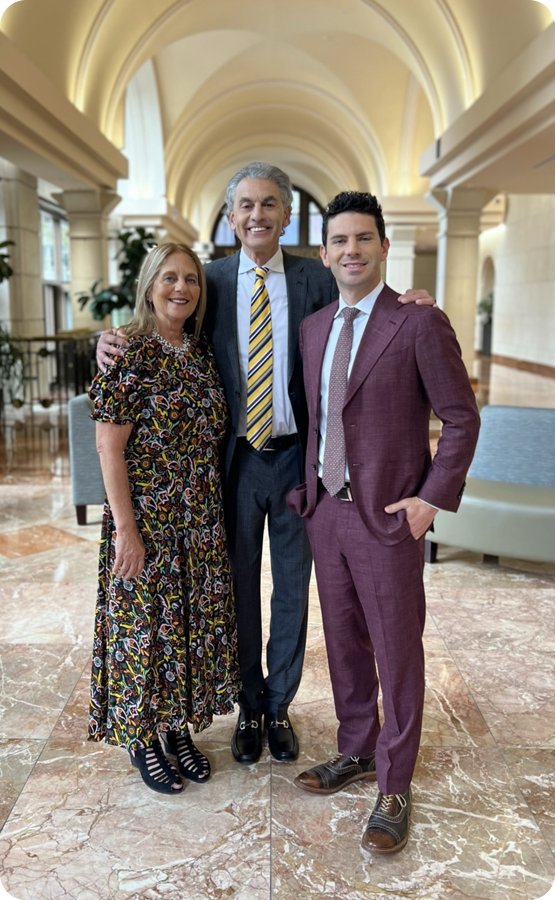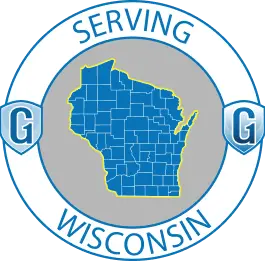What is Benicar (Olmesartan) and why is it prescribed?
Olmesartan, the active ingredient in Benicar and similar medications to Benicar, is an angiotensin II receptor blocker (ARB) approved for the treatment of hypertension, alone or with other antihypertensive agents, to lower blood pressure. It was developed by the Japanese drug maker Daiichi Sankyo, Inc. and originally approved by the U.S. Food and Drug Administration (FDA) in 2002.
Benicar was promoted and marketed by Forest Laboratories in conjunction with Daiichi Sanyo until Forest stopped actively promoting Benicar in 2008. Allergan plc, previously known as Actavis, acquired Forest Laboratories in 2014.
The U.S. Food and Drug Administration (FDA) is warning that the blood pressure drug olmesartan medoxomil (marketed as Benicar, Benicar HCT, Azor, Tribenzor, and generics) can cause intestinal problems known as sprue-like enteropathy.

Side Effects
– Sprue-like Enteropathy
– Severe, Chronic Diarrhea with Substantial Weight Loss
– Gastrointestinal Problems
– Blood in the Urine
– Difficulty Breathing
– Nausea and Vomiting
– Intestinal Damage
– Malnutrition
– Kidney Failure
– Headaches
– Hospitalization
– Dehydration

Benicar/Benicar Related Medications Associated with Sprue-like Enteropathy
In 2013, the FDA evaluated adverse event reports and found clear evidence of an association between olmesartan and sprue-like enteropathy. It identified 23 serious cases presenting as late-onset diarrhea with significant weight loss and in some cases villous atrophy on biopsy. All patients improved clinically after discontinuation of olmesartan and a positive rechallenge (re-administered) was seen 10 of the cases.
Due to their findings, the FDA has approved the changes to the labels of olmesartan medoxomil drugs to include their concern.
A 2013 study in France invited gastroenterologists to report cases of sartan-associated enteropathy and concluded that olmesartan causes a, “severe and immune-mediated enteropathy”. Thirty one out of thirty six patients were hospitalized with four requiring intensive care.
What is Sprue-like Enteropathy?
Sprue-like enteropathy refers to intestinal problems that can include symptoms of severe, chronic diarrhea and significant weight loss. Occasionally, sprue-like enteropathy symptoms are serious enough to result in the hospitalization of a patient and/or admittance to intensive care.
Lawsuits and Legal Options
October 1, 2015: Daiichi Sankyo, a Japanese company with U.S. headquarters in Parsippany, has been named in 1,104 Benicar suits in the MDL, centralized in the U.S. District Court for the District of New Jersey in Camden, while another 66 cases are pending in a litigation centralized in Atlantic County Superior Court. The suits have been brought by people who claim they developed diarrhea or other gastrointestinal problems after their doctors prescribed Benicar for high blood pressure, and that the drug’s manufacturer failed to warn of such side effects.
If you were prescribed Olmesartan Medoxomil (marketed as Benicar, Benicar HCT, Azor, Tribenzor and generics) and suffered an adverse event, such as sprue-like enteropathy, diarrhea, severe dehydration, malnutrition and/or severe weight loss, it is important that you receive legal help immediately. Please contact Gruber Law Offices immediately for a free case review. Call us now for help or fill out a free and confidential case evaluation below.












